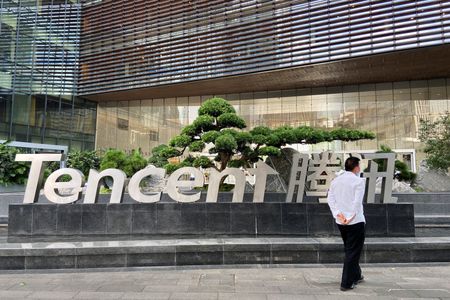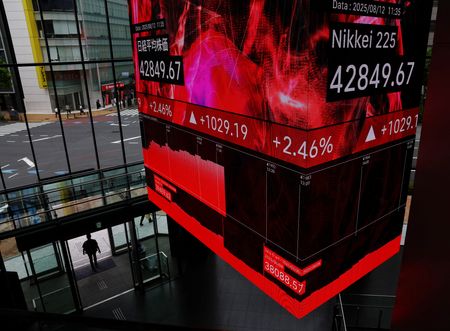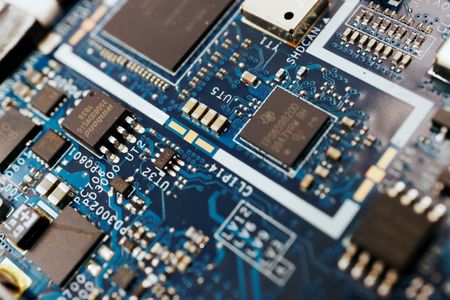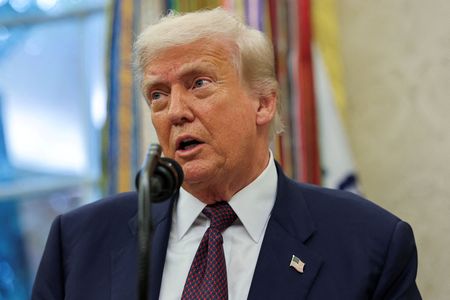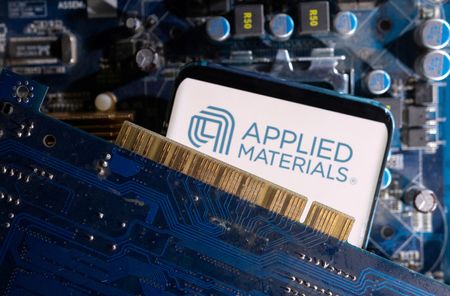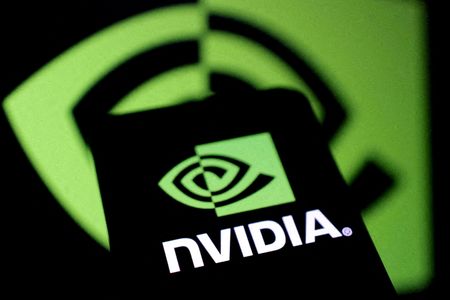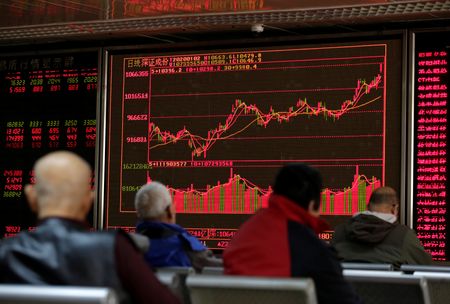BEIJING (Reuters) -Chinese tech giant Tencent said on Wednesday it lacks clarity on U.S. AI chip imports as Beijing and Washington continue negotiations, though the company maintains it has sufficient inventory for its AI operations.
“We don’t really have a definitive answer on the import situation yet. There are a lot of discussions between the two governments. We are waiting to see what exactly comes out of that,” Tencent President Martin Lau said during a post-earnings call.
The comments come amid ongoing tensions over advanced semiconductor trade between the world’s two largest economies. Nvidia’s H20 chips, designed specifically for the Chinese market, have been at the center of recent regulatory scrutiny from both governments over security concerns.
Lau said the uncertainty would not constrain Tencent’s AI ambitions, noting the company has adequate chip supplies for AI model training and multiple deployment options for AI services.
The Shenzhen-based company reported strong second-quarter results, with revenue rising 15% to 184.5 billion yuan ($25.7 billion), beating analyst estimates of 178.5 billion yuan according to LSEG data.
Gaming remained a key growth driver, with domestic revenue rising 17% to 40.4 billion yuan and international revenue climbing 35% to 18.8 billion yuan.
Marketing services revenue increased 20% year-on-year to 35.8 billion yuan, bolstered by the use of AI to enhance the targeting of adverts.
Net profit for the quarter reached 55.6 billion yuan, surpassing analyst expectations of 52.3 billion yuan, LSEG data showed.
Tencent has accelerated AI investments over the past two years, though capital expenditure has moderated recently. After spending 36.6 billion yuan in the fourth quarter of 2024 and 27.5 billion yuan in the first quarter, its capex fell to 19.1 billion yuan in the second quarter.
Lau signaled a more measured approach going forward as the company seeks sustainable monetization from its AI initiatives and to “spend smartly”.
The company has developed its own large language model, Hunyuan, launching the latest “Turbo S” version in February.
But Tencent has also embraced third-party models, notably integrating DeepSeek’s technology across its platforms including WeChat, which has over 1 billion monthly active users.
($1 = 7.1756 Chinese yuan renminbi)
(Reporting by Liam Mo and Brenda GohEditing by Bernadette Baum, Aidan Lewis, Alexandra Hudson)

